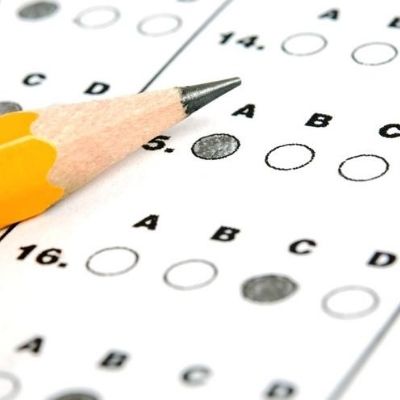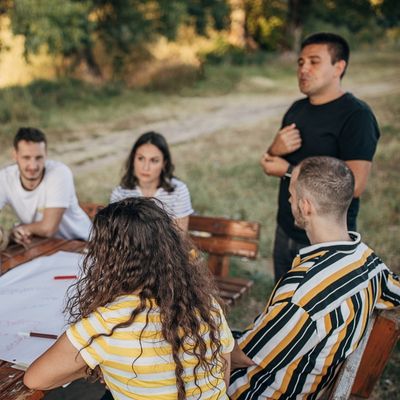For many years, the Mitchell Center has hosted an innovative “Sustainability Talks” series. The goal of these talks is to provide students, faculty, and interested citizens with opportunities to learn about: 1) the multi-faceted nature of sustainability problems; 2) the value of connecting different forms of knowledge and know-how in efforts to understand and solve such problems; and 3) the ways in which partnerships between universities and diverse stakeholders can facilitate efforts to identify and implement useful solutions.
The talk will be held virtually via Zoom and in-person at 107 Norman Smith Hall, UMaine. A Career Q&A for graduate and undergraduate students will follow the talk.
- Virtual attendance: Complete the registration form to receive Zoom connection information.
- In-person attendance: Attendees must follow UMaine’s COVID-19 guidelines.
Speaker: John Daigle, citizen member of the Penobscot Nation and Professor in the UMaine School of Forest Resources
The invasive emerald ash borer (EAB) poses a potentially devastating threat to all three species of ash (brown, green and white) found in Maine. The EAB is of particular concern to Maine Indian Basketmakers, who rely on brown ash (Fraxinus nigra) to make Indian ash splint and sweetgrass baskets, the oldest documented arts tradition in New England. For the past 8 years, John Daigle and a team of UMaine researchers have been involved in efforts to mobilize diverse interests to address the potential threats from EAB. Their research seeks to study and facilitate the ways that Wabanaki, basketmakers, tribes, state and federal foresters, university researchers, landowners and others come together to prevent, detect, and respond to this threat. In this talk, Daigle will provide an update on the team’s work and discuss potential next steps in the research.
Dr. John J. Daigle is citizen member of the Penobscot Nation and Professor in the School of Forest Resources at the University of Maine. Daigle received his Ph.D. in Forestry from the University of Massachusetts in 1997 and started working at the University of Maine in 1998. He teaches courses with an emphasis on application of social science concepts and methods to outdoor recreation and natural resource planning and management. Prior to accepting his present position with the University of Maine, he served approximately 10 years with the National Park Service as a Park Ranger and U.S. Forest Service as a Research Forester.
This event is part of Maine Impact Week.




